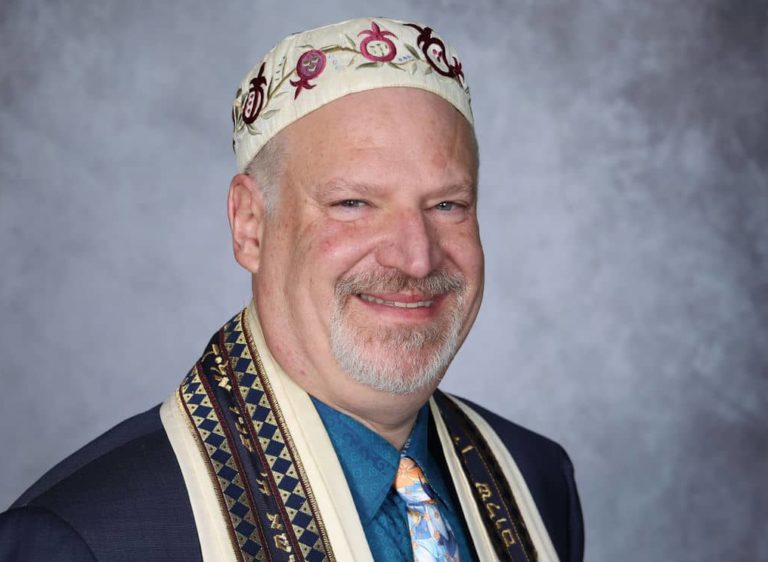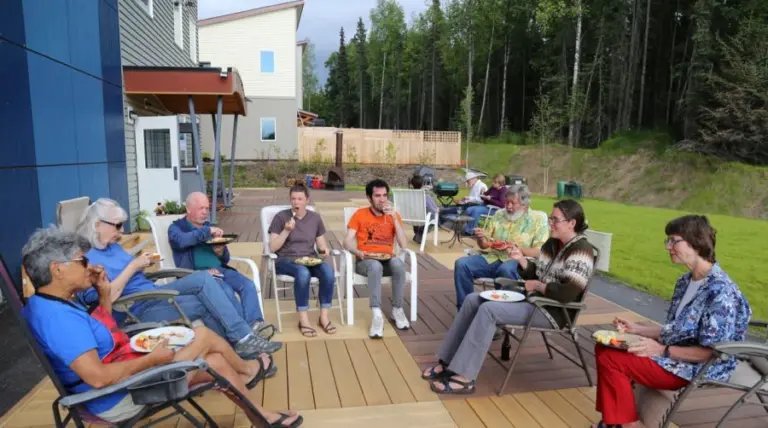
Letter to the Editor By Andrew Winston who lives in Old Greenwich and serves on the RTM
This week, the United Kingdom experienced its hottest days…ever. Fires in France and Spain reached the coasts. Last year in California, just one wildfire the size of Rhode Island broke records – veteran firefighters said it was 10 times larger than anything they had ever seen. In Arizona, Lake Mead is approaching a level so low, water won’t flow through the Hoover Dam. And North Atlantic hurricanes, which regularly make their way up to the Connecticut coast, are now more likely to reach categories 4 or 5, carry more water, and move slower (increasing damage greatly). Things that once happened in geologic scales are now happening in decades or even years.
This is an emergency for our species. First Selectman Fred Camillo, while rejecting a climate emergency declaration proposed by Greenwich students, has said recently that it’s not really a “life-and-death”. But, it is. The EU heat wave this week has killed 2,000 or more people. Climate change will come for all of us. Of course, not every town will feel the impacts the same way, or in the same time frame. A stage three cancer diagnosis in your liver may not affect your arms right away, but if you let it accelerate through stage four, it will take down your whole body just the same.
It’s not surprising to see government officials downplay the climate crisis. In the US, the go-slow crowd on climate often claims that those concerned about climate are “alarmist.” Yes, it’s alarming. They also say “it’ll cost too much.” Selectman Camillo commented, oddly, that “he was worried about the high price of gas.” Do you know who doesn’t worry much about gas prices? Those of us driving electric vehicles, which are now much cheaper to operate, especially commercial and municipal fleets.
The vast majority of what we need to do to drastically reduce carbon emissions is not only technologically feasible, it’s cheaper. Renewable energy and battery prices have plummeted 70 to 90 percent in the last decade. And the things a town would do to aggressively tackle climate change will also make our lives healthier (radically less air pollution) and more comfortable. For example, greener office buildings, schools, and hospitals cost less to operate, and the people in them are more productive, learn better, and heal faster.
Given the extreme cost of doing nothing — entire cities around the world becoming uninhabitable in a generation — and the exponentially lower cost of doing something, inaction is far more expensive than action. But even if it weren’t, or if it took some up-front investment, so what? (By the way, we could cover all municipal buildings with solar without spending capital, using what’s called a “Power purchasing agreement”). If one of the wealthiest communities in the world can’t direct its development and investment dollars to build a thriving future, who’s going to? As the two-thousand year old question from a Rabbinical scholar asks, “if not now, when?” and as many say, “if not us, who?”
For 20 years, I’ve worked with multinational businesses to help them thrive by solving the world’s biggest problems. Public companies rarely, if ever, do something they don’t profit from. Attitudes and goals on climate change are shifting rapidly as the economic, strategic, and moral case becomes irrefutable. Is it enough? No, but the movement has begun, and clearly organizations around the world see this as an emergency. The European Parliament has declared an emergency, as have Bangladesh, Canada, France, Italy, Japan, and New Zealand. Major regions and cities of many other countries have done it also. Even the Pope declared a climate emergency.
These Greenwich students are asking for their elders to do something with urgency. They should not be condescended to. They are young adults (most are voting age now) who care deeply about the world we’ll be leaving them – and the one most of us will be getting old in. How do we look our kids in the eye and explain why their Greenwich, their Connecticut, their country, and their world will be a less rich, less healthy, more dangerous place to live?
In the end, words only matter if they drive action. You don’t like the word “emergency”? Fine, call it a crisis. Or an enormous opportunity to build a better, more attractive town and become a leader, not a laggard, on the greatest challenge of our times. Call it what you will…just stop denying reality and get moving.
Publishers Note: Rather than rejecting the proposal outright, Fred Camillo has asked for revised language from the students.




